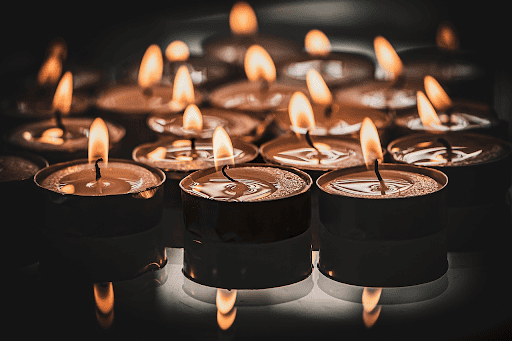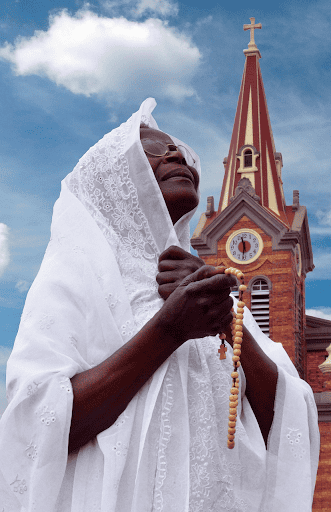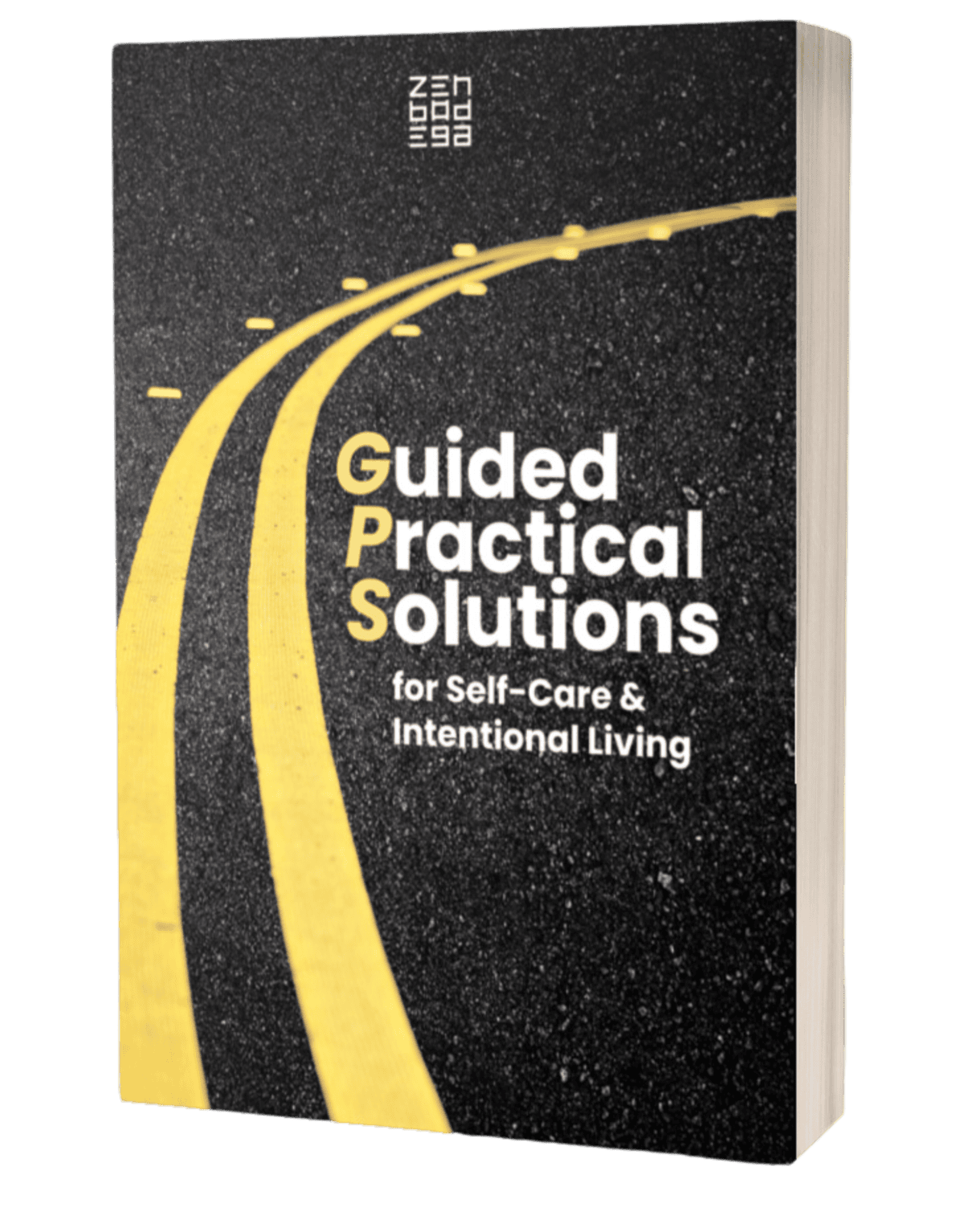The Path to Purposeful Living: Defining Spirituality
Purposeful living is the art of living in accordance with our values and aspirations, ensuring that our actions are aligned with our deepest beliefs and goals.
At the core of this journey lies spirituality, which is deeply personal and often transcends religious boundaries.
Spirituality provides a framework for understanding our place in the world. Spirituality can guide our decisions, inspire our actions, and offer comfort and strength in challenging times.
By embracing spirituality as a part of our journey towards purposeful living, we open ourselves to a richer, more profound experience of life, where every moment is imbued with significance and meaning.
Understanding Spirituality

Spirituality is a multifaceted concept that transcends religious affiliations.
It encompasses our connection to something greater than ourselves, whether that be a higher power, the universe, or a sense of interconnectedness with all living beings.
Spirituality involves seeking a deeper understanding of life’s mysteries and finding a sense of purpose and meaning.
Spirituality and personal growth are inseparable companions on the path to purposeful living.
Engaging in spiritual practices often leads to self-discovery, inner growth, and a heightened sense of self-awareness. It encourages us to explore our values, beliefs, and ethics, fostering personal development that aligns with our core principles.
The Universality and Diversity of Spiritual Practices

Spirituality is not a one-size-fits-all concept. Its interpretation varies across cultures and religions.
Some may find spirituality through organized religious practices, while others may discover it in the wonders of the natural world or through self-reflection.
Recognizing the diversity of spiritual experiences is essential in understanding its universal appeal. While the forms and rituals of spirituality may differ, the essence remains universal.
It’s a reminder that beneath the surface, we share common desires for inner peace, connection, and a sense of purpose. Regardless of our individual beliefs, spirituality can serve as a unifying force, fostering empathy and understanding among diverse communities.
Spirituality manifests in myriad practices, from prayer and meditation to yoga and mindfulness.
Each of these practices offers a unique path to spiritual exploration.
Whether you find solace in silent contemplation, the rhythm of a mantra, or the physicality of yoga, there’s a spiritual practice that resonates with you.
Spirituality and Well-Being

Research has consistently shown that spirituality has a positive impact on mental, emotional, and physical well-being, lower rates of depression, increased resilience in the face of adversity, and improved physical health outcomes.
Engaging in spiritual practices can reduce stress, improve emotional resilience, and enhance overall life satisfaction. It offers a sanctuary of tranquility in our fast-paced lives.
Consider the calming effect of meditation on an anxious mind or the sense of purpose that arises from acts of kindness rooted in one’s spiritual beliefs. These examples illustrate how spirituality can be a powerful tool for enhancing our well-being.
Spirituality is not only a source of inner peace but also a means of fortifying our overall well-being.
Incorporating Spirituality into Daily Life

Integrating spirituality into your daily life need not be daunting.
Simple practices such as setting aside time for meditation, gratitude journaling, or mindful walks can make a profound difference. Start with small, manageable steps that align with your beliefs and resonate with your spirit.
Mindfulness and meditation are powerful tools for cultivating spirituality. You may also find solace in nature by volunteering for a cause that aligns with their spiritual values.
They invite us to be present in the moment, to listen to our inner voice, and to connect with the world around us.
Finding Your Personal Spiritual Path

Discovering your personal spiritual path begins with self-reflection.
Take time to ponder your values, beliefs, and what truly resonates with your soul. This introspection can lead you towards a spiritual journey that is uniquely yours.
Authenticity is important in spiritual exploration. It’s about staying true to your own beliefs and not conforming to someone else’s idea of spirituality. By embracing your authenticity, you empower yourself to find a path that genuinely resonates with your heart.
Exploring spirituality doesn’t mean you have to go it alone. Seek out spiritual communities, mentors, or guides who can provide support and guidance along the way. Sharing your journey with others can be enriching and affirming.
Challenges and Obstacles

Like any meaningful endeavor, the spiritual journey may present challenges. Doubt, distractions, and the busyness of life can sometimes obstruct our path. Recognize these challenges as part of the journey and opportunities for growth.
To overcome obstacles, it’s crucial to stay committed to your purposeful living through spirituality. Develop resilience, maintain a sense of balance, and be patient with yourself.
Many who have treaded this path before you faced similar challenges and emerged stronger.
Throughout history, individuals have faced adversity and emerged triumphant through their unwavering commitment to spirituality. Their stories serve as beacons of hope, demonstrating the resilience of the human spirit when guided by a sense of purpose.
Conclusion
In our exploration of spirituality’s role in purposeful living, we’ve uncovered essential insights. Spirituality is not confined by religious dogma but is a concept that fosters personal growth, well-being, and a sense of meaning.
Defining spirituality is a deeply personal journey that can profoundly impact your life. It invites you to embark on a path toward purposeful living, where each step is guided by your values, beliefs, and a sense of profound connection.
Whether you’re already on this path or just beginning to explore, spirituality provides a compass for navigating the complexities of life and discovering what truly matters to us.
Defining spirituality is not a destination but a lifelong voyage—a voyage that can illuminate your path to a purposeful and fulfilling existence.
Frequently Asked Questions
What is purposeful living?
Purposeful living is the art of living in accordance with our values and aspirations, ensuring that our actions are aligned with our deepest beliefs and goals.
What role does spirituality play in purposeful living?
Spirituality provides a framework for understanding our place in the world. It can guide our decisions, inspire our actions, and offer comfort and strength in challenging times.
How is spirituality defined?
Spirituality is a multifaceted concept that transcends religious affiliations. It encompasses our connection to something greater than ourselves and involves seeking a deeper understanding of life’s mysteries.
What are some universal spiritual practices?
Spirituality manifests in myriad practices, from prayer and meditation to yoga and mindfulness. Each of these practices offers a unique path to spiritual exploration.
How does spirituality impact well-being?
Research shows that spirituality has a positive impact on mental, emotional, and physical well-being. Engaging in spiritual practices can reduce stress, improve emotional resilience, and enhance overall life satisfaction.




